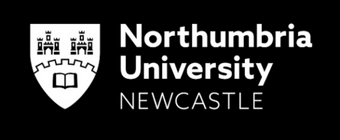Northumbria’s MSc Economics and Sustainability is designed both for those who have a background in economics and wish to specialise, and for those who don’t have a background in economics but are interested in a career in environmental economics or a related area.
Studying economics together with sustainability and examining the impacts of one upon the other, is a new and exciting discipline, which has excellent employment prospects.
As countries and governments globally look to try and change the way we work and live, in order to address climate change, environmental economics is becoming more important within policy-making.
Northumbria’s MSc Economics and Sustainability will give you a thorough grounding in resource and environmental economics as well as cutting-edge training in economics and policies for sustainability and climate change. In the second year of this programme you will undertake an Advanced Practice placement or a -consultancy project in our award-winning Business Clinic.














